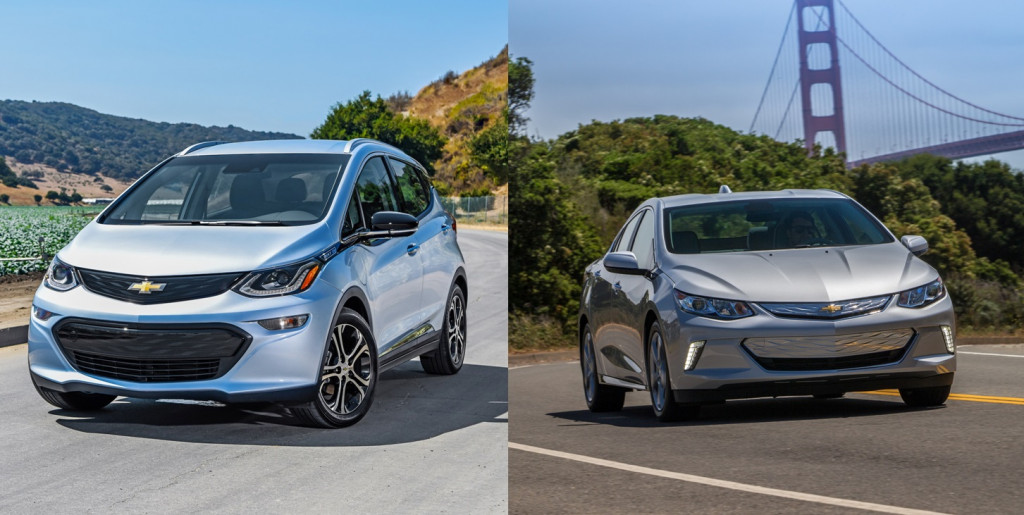Just shy of 200,000 plug-in electric cars were sold in the U.S. last year, their seventh year on sale.
That's the highest number yet, but still just a little more than 1 percent of the market.
And it's far from clear that the general car-buying public at large is aware that electric vehicles exist, much less that they're viable and practical vehicles for many households.
DON'T MISS: What if car buyers aren't ready for electric cars, even in California?
Recent data from California showed that state's buyers—by far the front-runners in adopting plug-in vehicles—are no more aware of electric cars than they were three years ago, when far fewer of them were available.
This leads electric-car advocates to worry greatly that growing electric-car sales will arrive only through "regulatory forcing" rather than genuine consumer demand.
We asked our Twitter followers what it would take to get more mass-market U.S. buyers to consider plug-in electric cars for future vehicle purchases.
What will get more people to consider electric cars?
— Green Car Reports (@GreenCarReports) February 5, 2018
We offered four options in our Twitter poll, somewhat expecting at least two of them to get support from poll participants.
That didn't happen.
Instead, more than half of respondents (53 percent) chose "lower prices" as the one factor that will get more buyers interested in cars that plug in.
CHECK OUT: Plug-in hybrid problem: buyers don't understand them at all
That is entirely consistent with what survey data tells us about how shoppers approach choosing what's called a "consideration set" of vehicles to compare.
Anything with a base price (or monthly payment) above their range is automatically excluded—which is why low-payment, high-interest monthly lease deals have grown in popularity.
In other words, until electric cars are within some measure of the same price as comparable gasoline vehicles (perhaps 10 or 15 percent?), many buyers will simply blank them out.

2018 Chevrolet Bolt EV electric car and 2018 Chevrolet Volt plug-in hybrid
The next most popular choice, selected by 31 percent of participants, was "more public charging," which correlates with data showing most shoppers have no idea that tens of thousands of public charging stations already exist.
Today, however, they're inconsistently or not at all signposted, often hidden or hard to find, and operated by a variety of different companies and operators with separate and incompatible payment systems.
READ THIS: Car buyers have no idea electric-car charging stations even exist
The final two options, "carmaker marketing" and "environmental benefits," received just 14 percent and 2 percent of the votes. Clearly, it ain't about green.
As always, please note that our Twitter polls are far from scientifically valid, due to small sample size and self-selection by those who choose to participate.













